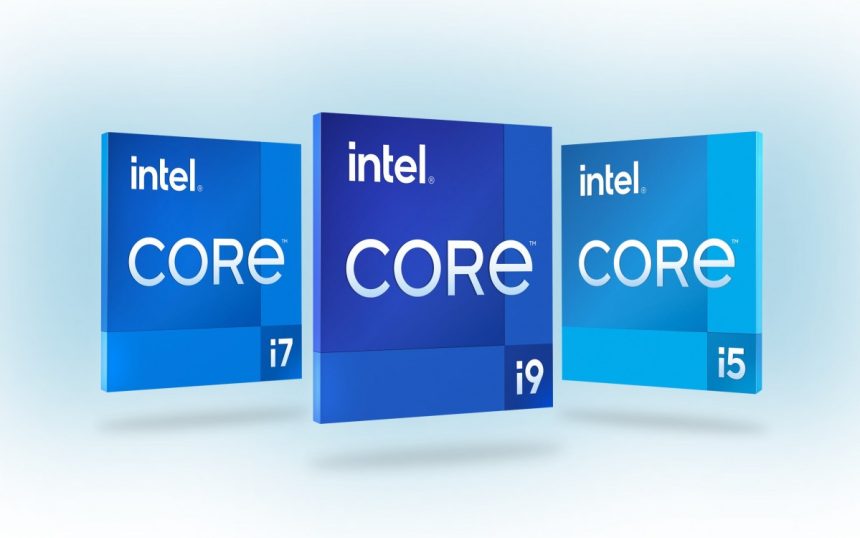Intel has unveiled its latest 14th generation Core-series desktop processors, built upon the revamped Raptor Lake architecture. This new lineup includes the Core i9-14900K/KF, the Core i7-14700K/KF, and the Core i5-14600K/KF.
Essentially, these new chips can be considered as overclocked iterations of their predecessors, featuring some fresh software and connectivity enhancements. The only model with significant changes to its core layout is the i7 variant.
First, let’s dive into the flagship model, the 14900K (and its non-iGPU counterpart, the 14900KF). These chips offer modest improvements in clock speed, just enough for Intel to proudly claim the title of the first CPU to reach 6.0GHz for the second time.
While Intel previously made this claim with the 13900KS, it was produced in limited quantities. In contrast, the 14900K is expected to be the first CPU to reach 6.0GHz in substantial volumes. Beyond this achievement, there are not many alterations compared to the 13900K.
The 14700K introduces a few changes, increasing the number of E-cores compared to its predecessor, going from 8+8 to 8+12. Clock speeds and cache size have also seen improvements.

Finally, the 14600K returns to more modest increases in clock speeds to justify its existence.
The models with integrated GPUs feature the same UHD Graphics 770 as the previous generation.
A new feature for this generation is Intel Application Optimization, designed to enhance application threading and thread scheduling within the operating system, leveraging the hybrid architecture of these chips. Intel reported up to a 16% improvement in select titles with this new feature but acknowledged that it won’t benefit all games.
Intel also introduced the new Intel XTU software, now featuring AI-assisted overclocking for these new chips. The memory controller has been enhanced, with Intel claiming support for XMP kits running at over 8000 MHz.
Connectivity has been bolstered as well. The 14th gen chips will integrate support for Wi-Fi 6/6E and Bluetooth 5.3, along with discrete support for Wi-Fi 7 and Bluetooth 5.4. Additionally, they will support the upcoming Thunderbolt 5, doubling the Thunderbolt bandwidth to 40Gbps.
Crucially, the new 14th gen chips will maintain compatibility with existing 600 and 700 series chipset motherboards with the LGA 1700 socket. This means that any motherboard supporting Intel’s 12th and 13th gen processors will also work seamlessly with the 14th gen chips.
These new Intel processors will be available at the same prices as their predecessors, starting from October 17.










